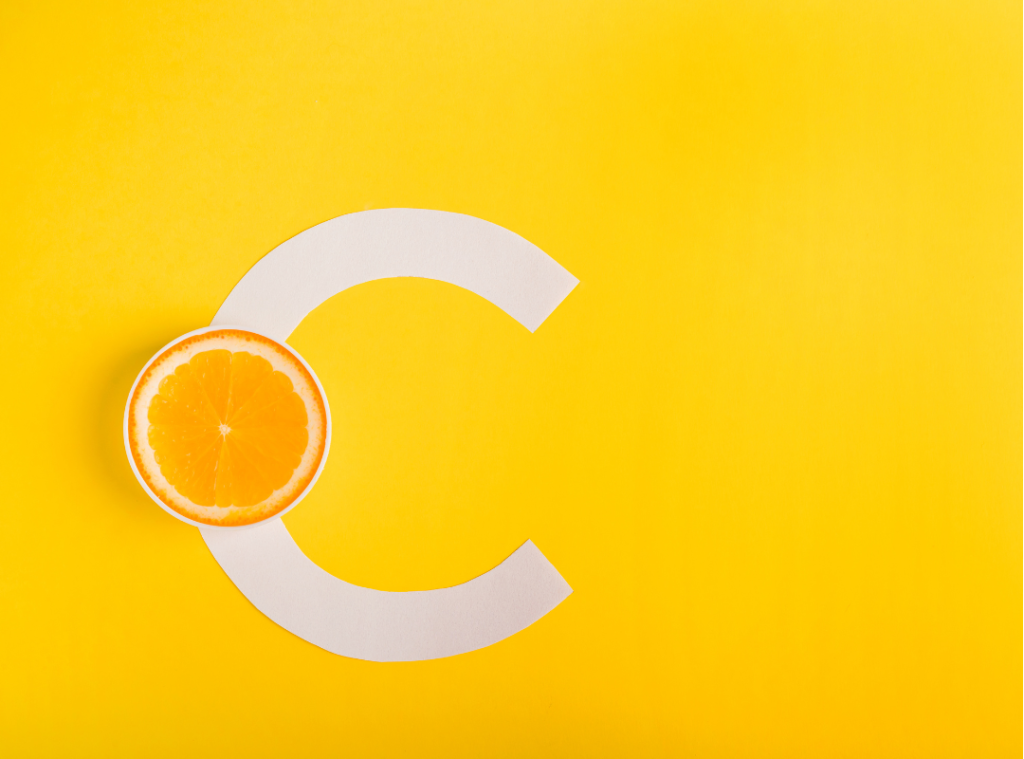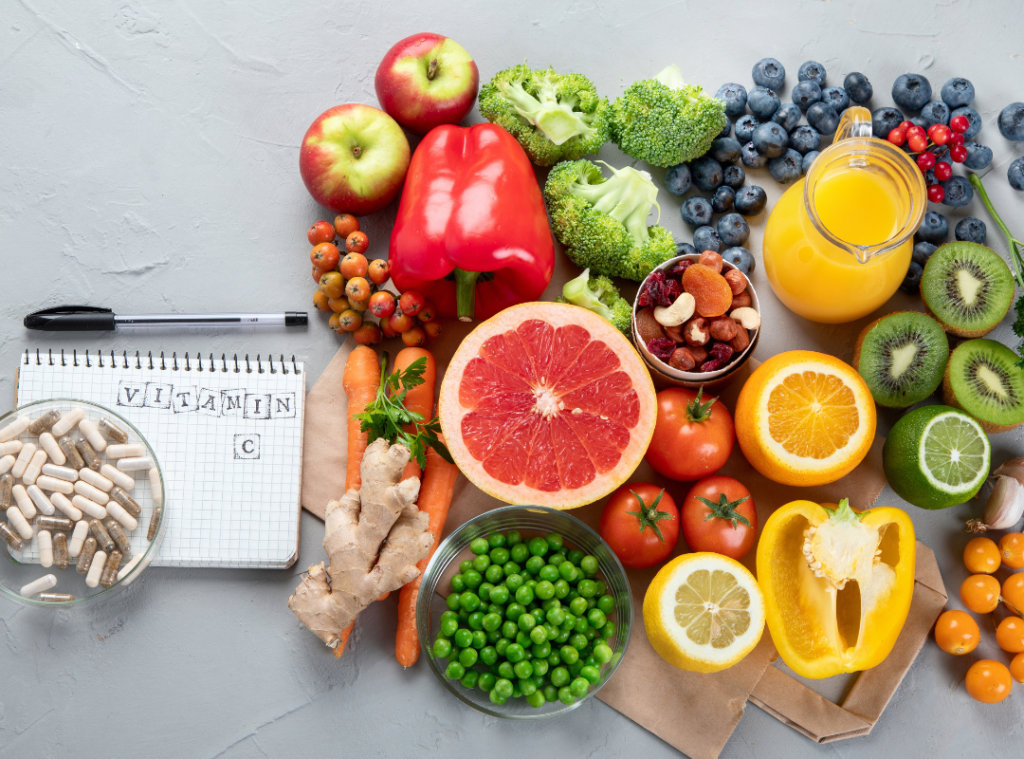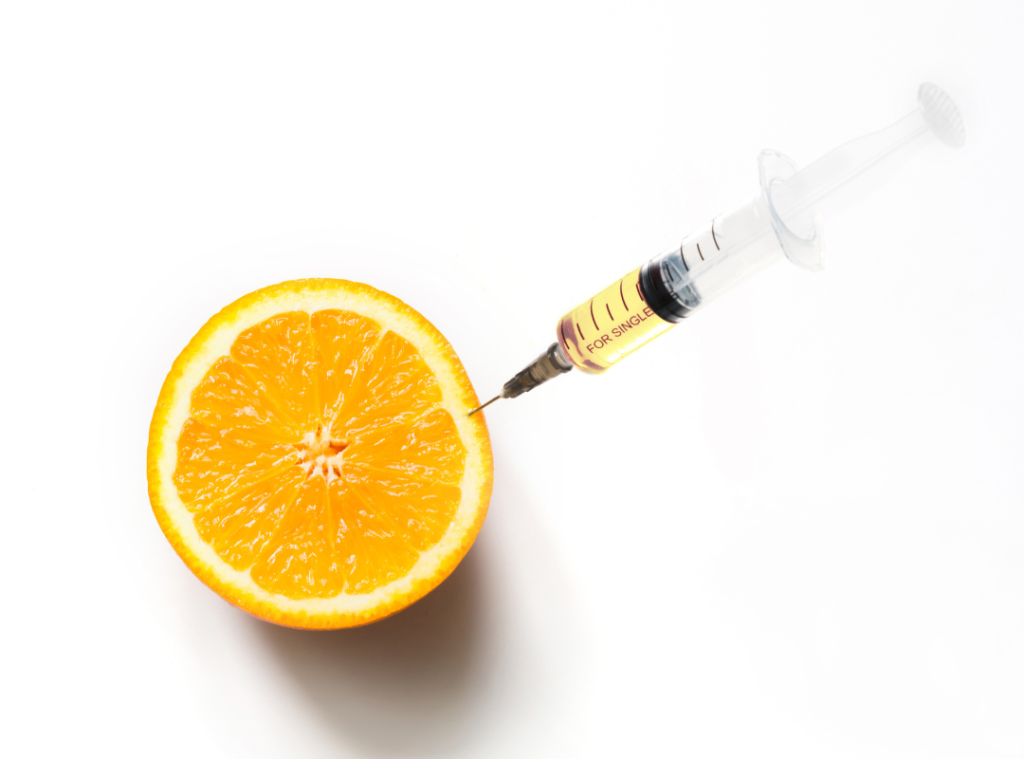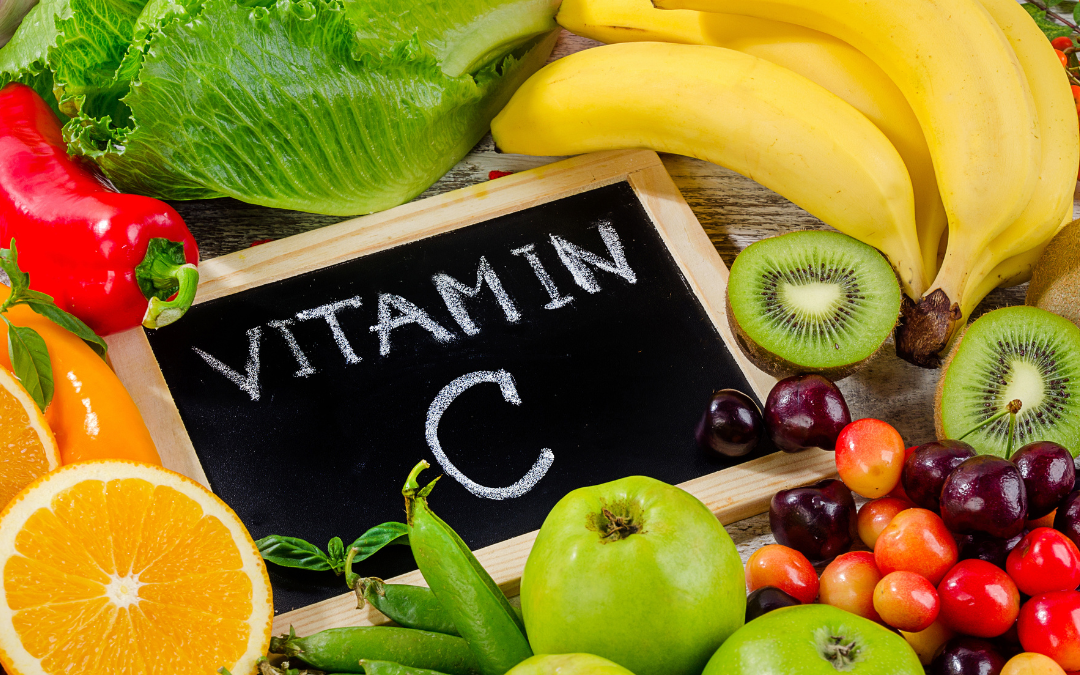Vitamin C is a powerful antioxidant that is essential for regenerating other antioxidants in the body. This vitamin, scientifically known as ascorbic acid, is water-soluble, meaning the body does not store significant amounts of it and must be consumed daily to meet requirements.
Vitamin C enhances iron absorption and plays a vital role in the formation of connective tissues and wound healing. It also prevents the damaging effects of free radicals on the skin and other organs.
Vitamin C is widely available, and deficiencies are rarely seen in the body. However, few people are fully aware of the benefits of this vitamin. To start, it’s sufficient to know that if oral intake of vitamin C stops, its reserves in the body will deplete within 4 to 12 weeks, and if this continues, a person will lose their life after 2 to 3 months. This short time frame indicates that this vitamin has a broad and diverse role in the body. Continue reading to learn about the symptoms of deficiency and the numerous benefits of Vitamin C.

The recommended daily intake for this vitamin is 75 mg for women and 90 mg for men. While it is generally advised to obtain vitamin C from foods, many individuals prefer to use supplements to meet their needs.
Vitamin C is a powerful antioxidant that can strengthen the body’s natural defense system. Antioxidants are molecules that enhance the immune system. They do this by protecting cells from harmful molecules known as free radicals. When free radicals accumulate, they can create a condition known as oxidative stress, which is associated with many chronic diseases. Studies show that higher intake of vitamin C can increase blood antioxidant levels by up to 30%, helping the body’s natural defense system combat inflammation.

Research has demonstrated that vitamin C can help lower blood pressure in both hypertensive and non-hypertensive individuals. An animal study found that supplementation of this vitamin aids in the relaxation of blood vessels that carry blood from the heart, thereby lowering blood pressure.
Heart disease is the leading cause of death worldwide. Many risk factors increase the likelihood of heart disease, including high blood pressure, high triglycerides, high bad cholesterol (LDL), and low good cholesterol (HDL). Vitamin C may help reduce these factors and lower the risk of heart disease.
Vitamin C plays an effective role in collagen production in the body. Collagen is a protein that helps support our tendons, joints, blood vessels, and skin. Increased collagen production helps strengthen your nails from the inside out.
Symptoms of Vitamin C Deficiency Vitamin C deficiency shows significant symptoms before it becomes fatal. Early signs of this deficiency include:
- Gum inflammation
- Bleeding gums
- Nosebleeds
- Slowed wound healing
- Dry and brittle hair
- Dry and rough skin
- Weak immune system
- Joint swelling and pain
- Potential for weight gain
Know the sources of Vitamin C:

Red Pepper
Red peppers are rich in vitamin C. They are also a good source of vitamins A, B, E, and K, as well as potassium, folate, manganese, phosphorus, and magnesium.
Kiwi
These fuzzy fruits contain about 70 mg of vitamin C per medium-sized fruit. The vitamin C content in kiwi is higher than that of an equivalent weight of orange. Kiwi is also rich in fiber, flavonoids, and carotenoids—antioxidants that help protect your cells. Most people peel them first, but the skin is nutritious and a good source of fiber. You can clean the surface fuzz and eat them with the skin; just make sure to wash them thoroughly first.
Strawberries
One cup of these delicious berries contains about 85 mg of vitamin C. Strawberries are low in calories, high in fiber, and packed with various antioxidants. Look for plump, bright red berries with fresh green leaves and no signs of mold.
Broccoli
One and a half cups of cooked broccoli provide about 50 mg of vitamin C. It is also high in fiber and contains a lot of antioxidants that help reduce inflammation. The best way to cook broccoli is to steam it for 5 minutes or less. This method helps retain more vitamin C compared to other cooking methods, such as boiling.
Cantaloupe
Cantaloupe contains 30 mg of vitamin C per half cup and a variety of nutrients like carotenoids, B vitamins, potassium, magnesium, copper, and flavonoids. A cup of cantaloupe gives you around 60 mg of vitamin C for just 50 calories.
Tomatoes
Using a medium-sized tomato will give you about 20 mg of vitamin C. Cooking tomatoes can lower their vitamin C content, but an antioxidant called lycopene increases when they are cooked.
Potatoes
A medium-sized baked potato has about 20 mg of vitamin C and is beneficial for you in other ways as well. They are an excellent source of potassium and fiber. Instead of frying them in oil, try roasting them with olive oil. Top a baked potato with low-fat cheese instead of butter.
Cauliflower
One cup of cauliflower contains about 40 mg of vitamin C. It is also a good source of vitamin K, folate, and fiber. You can eat it raw, steam it, or sauté it with a little olive oil. If you don’t like its taste, try pairing it with fresh herbs like thyme, which contains about 4 mg of vitamin C per tablespoon.
Brussels Sprouts
Half a cup of cooked Brussels sprouts contains 50 mg of vitamin C, along with plenty of vitamin K, fiber, and other nutrients. Sauté them with onions or just a little olive oil for a delicious side dish.
Grapefruit Juice
A 250 ml glass of grapefruit juice should provide your body with 70 to 95 mg of vitamin C, which is what you need for a day. If you can’t handle the tart taste, the same amount of orange juice is also effective.
In this article, you read about vitamin C. Try to make the most of vitamin C-rich foods alongside your main meals and snacks from now on, and remember that our bodies need the benefits of vitamin C, even though it doesn’t produce this vitamin on its own.


